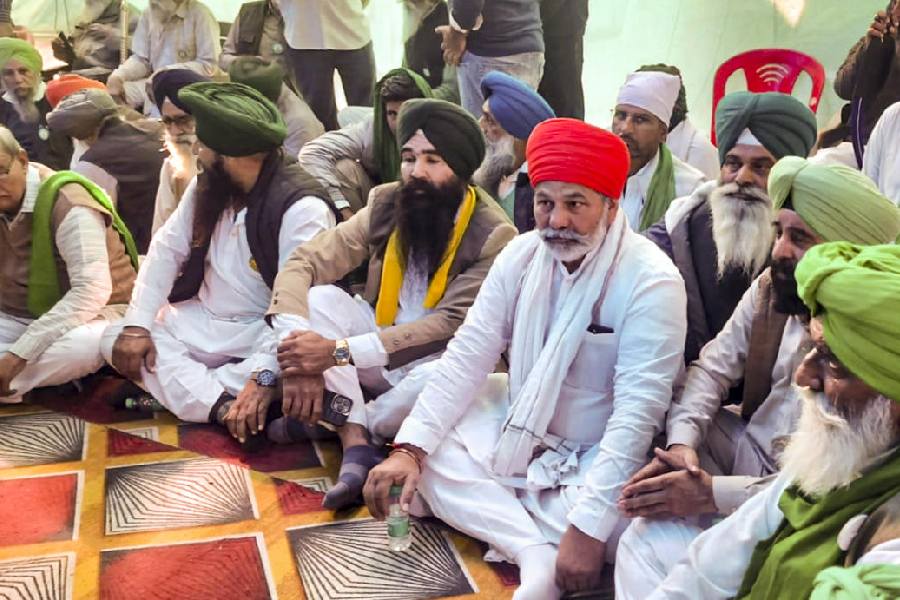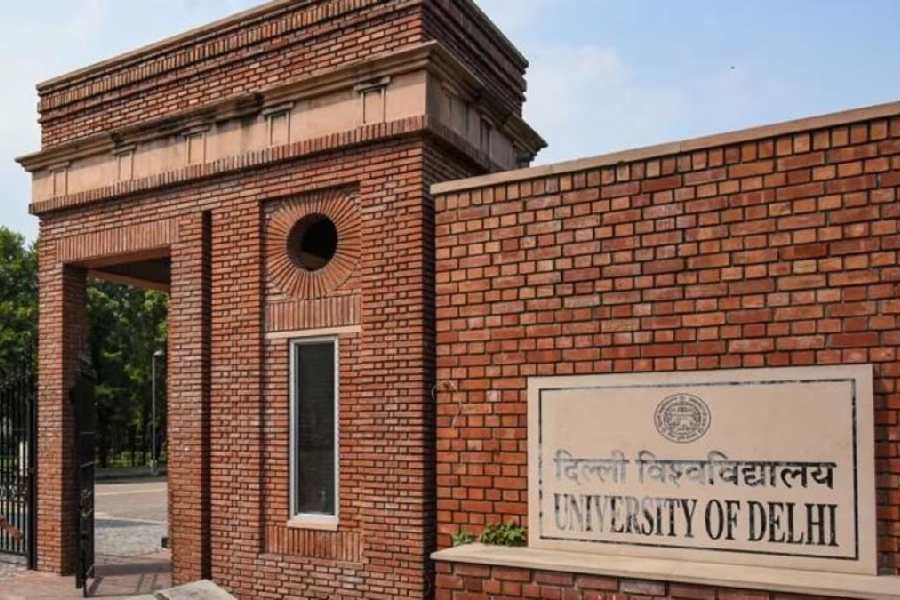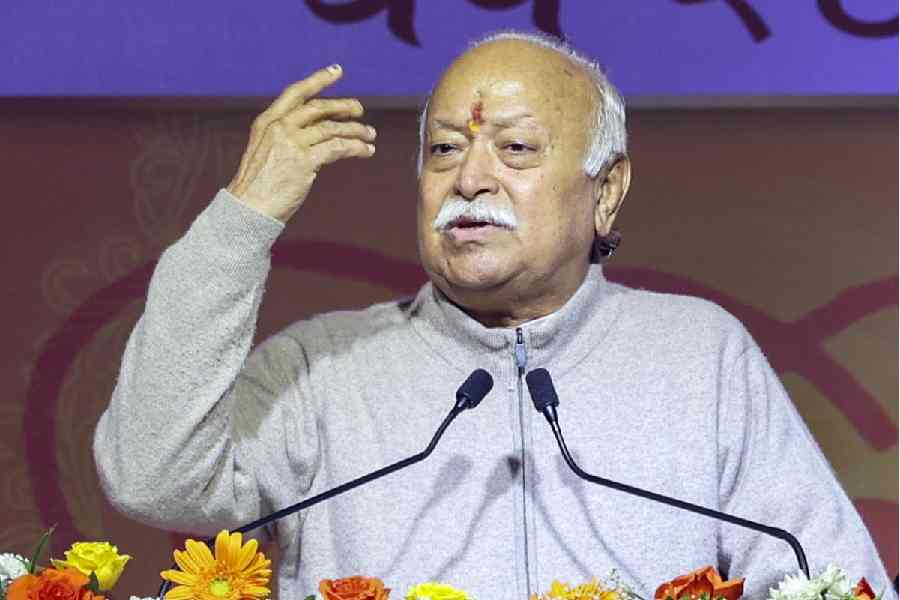The supposed inside story of the trial of Donald Trump has now been so widely publicised that it is pretty much useless as a political conspiracy.
What was supposed to happen, as absolutely everybody is saying, was that the indictment brought against Trump in New York last week, on what were obviously the weakest of the charges he is likely to face, was a deliberate provocation designed to incite his volatile base and propel him to the Republican presidential nomination. His outraged core supporters would be so galvanised by this flagrant political persecution that they would rise up in noisy unanimity, thus marginalising the saner versions of himself (such as Ron DeSantis) who might have presented a real threat to the Democrats in next year’s general election. That the New York district attorney, Alvin Bragg, who was personally responsible for bringing the charges, was an outspoken Democrat was an obvious key to this rather unsubtle plot. As absurdly transparent as it is, you can see why this might have seemed like a clever idea at the time.
The behaviour of everybody — from Trump himself to the furious legions who had invaded the Capitol on his behalf — was thought to be reliably predictable. This is the way it was supposed to go. A list of unimpressive offences would be used to summon a former president to a criminal court: an event unprecedented in American history. The triviality of the “crimes” would, in itself, add weight to the suspicion that this was, as Trump always claimed, a partisan “witch-hunt”. The man himself would glory in a starring role in the greatest reality TV show of all time. He would be metaphorically carried on the shoulders of a mass public wave of support, waving his fist in jubilant defiance at the cheering crowd, loving every minute of this contrived martyrdom.
But it didn’t work out like that. There was no great turnout of furious followers at the court — or anywhere else. Some supporters did assemble along the route as the Trump motorcade left Florida, but the potentially violent crowds that had been nervously anticipated in downtown Manhattan did not materialise. In fact, there were as many anti-Trump demonstrators on the scene as supporters. This could be accounted for by the fact that Manhattan’s population is notably Left-liberal but surely the many Republicans who live in neighbouring Staten Island or Queens, or even New Jersey and Pennsylvania, might have made the trip? Many of the terrifying throng who invaded the Capitol on that fatal January 6 were not local. What was to stop pro-Trump demonstrations being staged elsewhere in the country? Everybody knew what was happening and when.
Yet there was no nationwide eruption of protest. And Trump himself did not play the confident game that might have been anticipated. In fact, he looked profoundly shocked and impotently furious — rather as if he had realised for the first time the awesome power of the US judicial system. He said nothing at the court (except “not guilty”), saving his words for a short, staged rally back in the safety of his own property at Mar-a-Lago. where he addressed a small crowd in his usual narcissistic, self-pitying terms. The invited audience cheered and booed as required as if they were at a pantomime. This did not look like a moral victory — or even a display of personal courage.
One remarkable thing did occur in that speech. Trump made an explicit and personal attack on the presiding judge Juan Merchan, impugning his integrity and that of his family, in deliberate defiance of the judge’s warning to avoid inflammatory communications. This produced an extraordinary social media response, by turns quite moving and extremely funny, from associates of the Mafia, who were deeply offended by the suggestion that Trump was behaving like a cocky Mob boss. No Don would be quite so brazen. Attacking a judge was out of bounds — dishonourable, “bad for business” and unprofessional — they insisted. But worse was the mention of Mr Merchan’s family. There is a strict code, said one connected Mafia source after another, that families and children were never, ever brought into a dispute. So it seemed that Trump looked more like a desperate coward than a hero, even to the Mob.
Meanwhile, the Republican establishment was playing all this quite cleverly. Even his rivals for the presidential nomination, who had most to lose from a Trump revival, rallied to his defence. Ron DeSantis stated immediately that, as governor of Florida, where Trump was residing, he would refuse to authorise the former president’s extradition to New York in the unlikely event of Trump refusing to go willingly. Mike Pence, the former vice-president whom Trump had urged his followers to target on January 6, made measured but strong criticisms of the motives behind the injunction.
Even Mitt Romney — the quintessential moderate — supported Trump’s assertion that the case against him was politically suspect. So the party absorbed the force of any Trump revivalism rather than isolating him in the glory of martyrdom. This will make it much easier for Trump followers within the party to reconcile with its mainstream operation and accept another candidate if and when that becomes the realistic option — for example, if the more substantive charges which will emerge later are too serious to overcome.
The Sunday Telegraph, London











